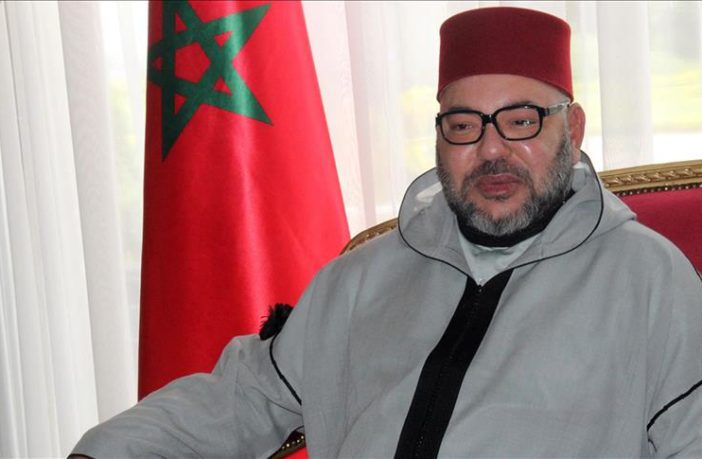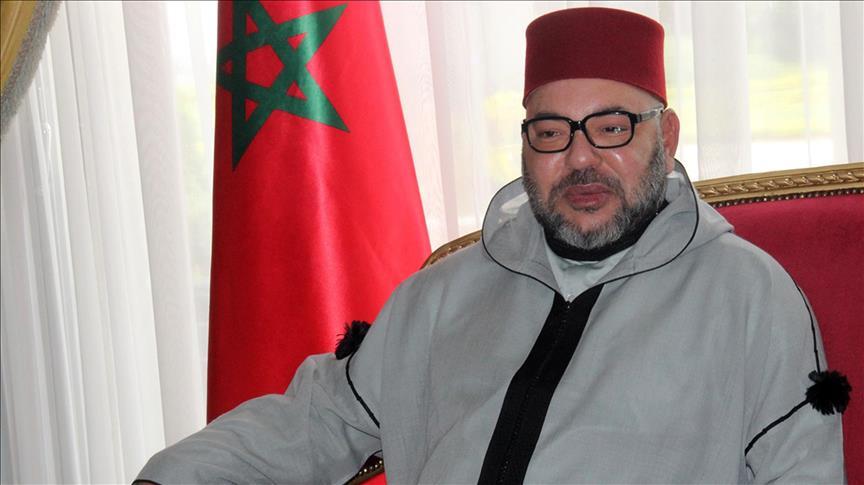The Arab Weekly
Saad Guerraoui
Moroccan King Mohammed VI has emphasized to world leaders the role of education in fighting anti-Semitism and fostering tolerant minds.
Moroccan Prime Minister Saad Eddine El Othmani read a message from the king to participants at a high-level discussion on education and tolerance on the sidelines of the UN General Assembly in September.
“Education has the distinct and crucial power to help transcend fear of the other, reject deliberate confusion and break down prejudices. As a powerful antidote and a salutary weapon, it cements social cohesion, is conducive to equality and is an essential prerequisite for development,” the king’s message said.
“Through this quality education, our children must be taught history, using, to this effect, a wide range of historical sources and narratives and shedding light not only on humanity’s glorious moments but also its darkest hours. Education must help children to embrace openness and human and cultural diversity.”
The king’s message warned against hate speech, which fuels racism, xenophobia, Islamophobia, anti-Semitism and other forms of discrimination, providing a breeding ground for violent extremism and growing insecurity.
“Racism in general — and anti-Semitism in particular — are by no means just a way of thinking. Anti-Semitism is the antithesis of freedom of expression. It implies a denial of the other and is an admission of failure, inadequacy and an inability to coexist. It implies an anachronistic return to a mythicised past,” King Mohammed VI noted.
The discussion was presided over by UNESCO Director-General Audrey Azoulay, the daughter of King Mohammed VI’s adviser Andre Azoulay. She wrote on Twitter: “To address anti-Semitism, it is to defend the equal dignity for all human beings. Education is the best tool to prevent all forms of discrimination.”
King Mohammed VI’s message also said migrants were too often made scapegoats, refugees are instrumentalised and minorities stigmatised.
Morocco has become a destination for sub-Saharan Africans fleeing poverty and war to seek a better future in the country with its stable political and economic situation.
King Mohammed VI said last January in the framework of the African Agenda on Migration that migration deserved a fresh, Africa-centred approach combining realism, tolerance and a commitment to make reason prevail over fear.
Morocco has regularised the status of more than 20,000 migrants, granting residency permits and setting up programmes to integrate migrants into a society struggling to accept their presence since the king called for the government to address the issue in 2013.
King Mohammed VI has spearheaded Moroccan efforts to highlight the Jewish component of the country’s history and promote religious tolerance at a time the Middle East and North Africa region is witnessing a rise in radicalism.
The 3,000 Jews in Morocco make up about 0.01% of the country’s population against almost 300,000 in 1948. Morocco’s Jewish community is the largest in the Arab world.
The king recognised Judaism in the post-“Arab spring” constitution as a key element of Moroccan identity. However, there are no plans for teaching Hebrew in primary school curriculum, unlike the Amazigh language.
Mourad Alami, a professor at Mohammed V University in Rabat, said teaching Judaism at schools “is impossible now” due to the fact that conservative forces “are very strong.”
King Mohammed VI has introduced a multimillion-dollar programme to restore hundreds of ancient synagogues and Jewish cemeteries nationwide as a commitment to preserving Jewish heritage and the country’s religious diversity.
The United States Holocaust Memorial Museum and the Archives of Morocco signed an agreement in May to share documents on North Africa’s Jews during the second world war. Morocco is the only Arab country with which the Holocaust Museum has such an agreement.
The US Holocaust Memorial Museum is to pay tribute to the late King Mohammed V for his resistance to the racist politics of the Vichy government and his humanistic and solidarity-based engagement with the Jewish world, which was then confronted with Nazism.
King Mohammed V refused the Vichy regime’s request to send Moroccan Jews to a concentration camp during the second world war.








